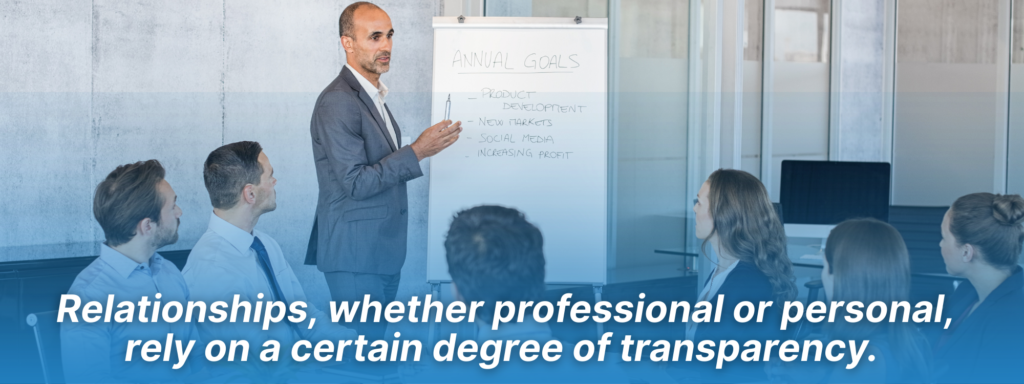Hiding in Plain Sight
There comes a moment—mid-conversation, mid-presentation, mid-laugh—where a flicker of unease creeps in. It is barely noticeable, a slight dissonance between what is being said and what is being felt. But it is there. The mind registers it before we do: something does not quite fit. The words are correct, the gestures rehearsed, the delivery flawless. And yet, beneath the surface, there is a quiet exhaustion. A sense of effort. A performance.
This is the paradox of the mask. At first, it is a convenience—a necessary adaptation to the demands of work, relationships, and social convention. It smooths interactions, deflects scrutiny, and grants us entry into the spaces where we must prove ourselves. But over time, what begins as a tool of navigation becomes something else entirely. It ceases to be an option and instead becomes a requirement. The lines blur between the role and the self, until one day we realise that we are no longer choosing to wear the mask. We are trapped behind it.
At its core, this is not merely a social phenomenon—it is a survival strategy. The world rewards confidence, control, and composure. It offers little patience for doubt, for hesitation, for the messiness of unfiltered reality. And so we adjust. We curate. We refine the version of ourselves that is easiest to accept. But there is a cost, and it is not a small one.
The most insidious aspect of this cost is its gradual nature. We do not wake up one day feeling entirely disconnected from ourselves. Rather, it happens incrementally—one avoided conversation, one unspoken frustration, one suppressed instinct at a time. We prioritise being liked over being understood, appearing competent over growing in competence, managing perception over engaging with reality. And in doing so, we lose something essential—not all at once, but in quiet, unnoticed pieces.
But before we can understand how to reclaim what has been lost, we must first ask: why do we hide at all?
The Mask is Better
There is a reason the mask forms so easily, so reflexively. It is not because we are deceptive by nature, nor because we wish to manipulate those around us. It is because we have learned, often painfully, that certain truths are met with discomfort, that some vulnerabilities invite rejection, and that belonging—at times—seems conditional upon concealment.
To exist in a social world is to navigate risk. To reveal too much, too honestly, is to invite exposure. A poorly timed joke, an unpopular opinion, a flicker of self-doubt in the wrong moment—these small slips can cost us influence, opportunity, connection. And so, we learn the rules. We refine our expressions, soften our edges, adjust our words to fit the moment. We convince ourselves that this is simply the price of professionalism, of leadership, of success. And in many ways, it is.
But there is a difference—a profound one—between adapting to context and erasing oneself within it. Between choosing how to present oneself and feeling as though there is no choice at all.
Consider the leader who must project confidence while steering their team through uncertainty. They become the anchor, the composed presence in the room. But when does this shift from responsibility to burden? At what point does the expectation of unwavering strength prevent them from speaking the truth, admitting uncertainty, or asking for support?
The same principle applies on a personal level. The instinct to conform, to avoid friction, to sidestep discomfort—it is a strategy of control. And control, though it offers security, is also brittle. The tighter we hold onto it, the more fragile we become. The moment we define our identity entirely through its ability to manage perception, we forfeit the possibility of genuine connection.
And yet, we cling to the mask. Not because we want to, but because we fear what might happen if we let it slip.
Which leads to the real question: what, exactly, are we afraid of?
The Hidden Costs
If the mask were simply an accessory—something we could put on and take off at will—it would not be a problem. The issue is that we mistake it for necessity. And in doing so, we forget how to exist without it.

The first and most immediate casualty is trust. Relationships, whether professional or personal, rely on a certain degree of transparency. We do not trust perfection; we trust congruence. When someone appears too polished, too controlled, we hesitate. We sense, even if we cannot articulate it, that something is missing.
Leaders who perform competence but do not share their thinking will find that their teams follow instructions, but they will not contribute insight. Colleagues who appear flawlessly agreeable will earn professional approval, but rarely deep alliances. The very instinct that once ensured survival—fitting in, smoothing over tension—becomes the thing that isolates us most.
And then there is the subtler cost: self-trust.
When we suppress certain instincts long enough, we begin to doubt them altogether. The quiet voice of hesitation before speaking? Probably best ignored. The gut feeling that something is off? Not worth the risk. Over time, this breeds not just disconnection, but a dependency on external validation. We no longer look inward to assess whether we are on the right path—we look outward, measuring our worth by how well we meet expectations.
This is the deepest irony of the mask: what begins as an attempt to gain control ultimately leaves us feeling controlled. We lose sight of whether our choices are truly our own, or simply the safest available option.
But there is a way out.
It begins with a simple, uncomfortable question: what would happen if I stopped hiding?
This is Me
For most, the shift is not sudden. It is not a grand act of defiance. It is something smaller, quieter. A growing discomfort. A moment of hesitation before answering a question, where the honest response feels just slightly out of reach. A decision that should feel like progress but instead feels hollow.
It is in these moments that we begin to suspect the mask is no longer serving us.
At first, the fear is overwhelming. If we let it slip, even slightly, what happens next? Will we lose credibility? Will we be dismissed, ignored, cast aside?
And yet, in those rare instances where we allow ourselves to be seen—genuinely seen—we experience something unexpected. The world does not collapse. Our competence is not invalidated. If anything, the opposite happens: people respond with more trust, not less. The very thing we feared—exposure—turns out to be the key to deeper connection, greater influence, and a more sustainable kind of confidence.
The transition is not about reckless vulnerability. It is not about discarding every social filter or oversharing for the sake of it. Rather, it is about reclaiming choice—about recognising that the mask is not required in every moment, that there is space to exist without it.
And this is where neuro-resilience enters the equation.

Mast Busting
To live without the mask is not to live without fear. Fear will come and go; and, for a change, for good reasons. The difference is in how we respond to it.
Neuro-resilience is not about eliminating discomfort. It is about developing the capacity to engage with it without being overwhelmed.
It is the ability to pause before reacting, to regulate physiological responses so that fear does not dictate behaviour. It is the practice of tension release, recognising when stress manifests in the body and deliberately recalibrating. It is the habit of small, controlled authenticity—choosing, in tiny moments, to engage rather than retreat.
And with time, these shifts accumulate. The mask shifts from being a necessity and becoming a skill—something we can employ when needed, not something we rely upon.
In the end, the goal is not simply to remove the mask. It is to develop a way of moving through the world where it is no longer needed in the normal course of life.
To lead, to connect, to exist—not as a carefully constructed performance, but as someone fully present, fully engaged, fully alive.
And that, more than anything, is what it means to stop hiding.




